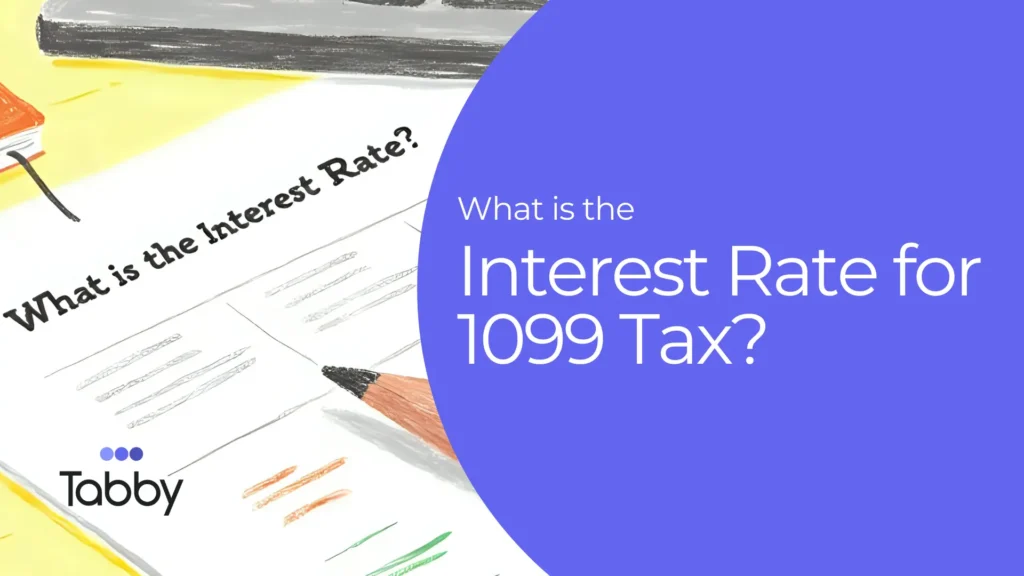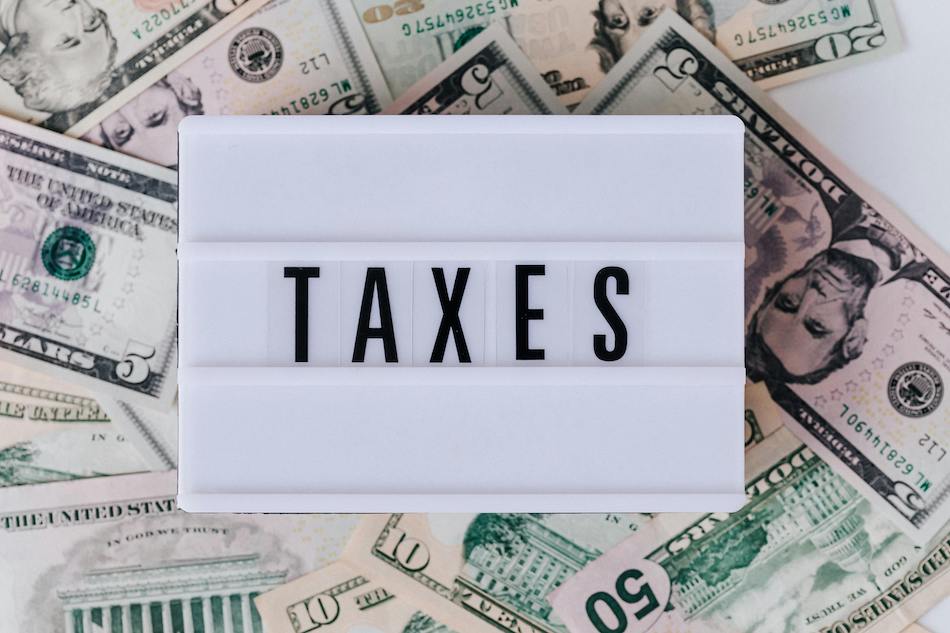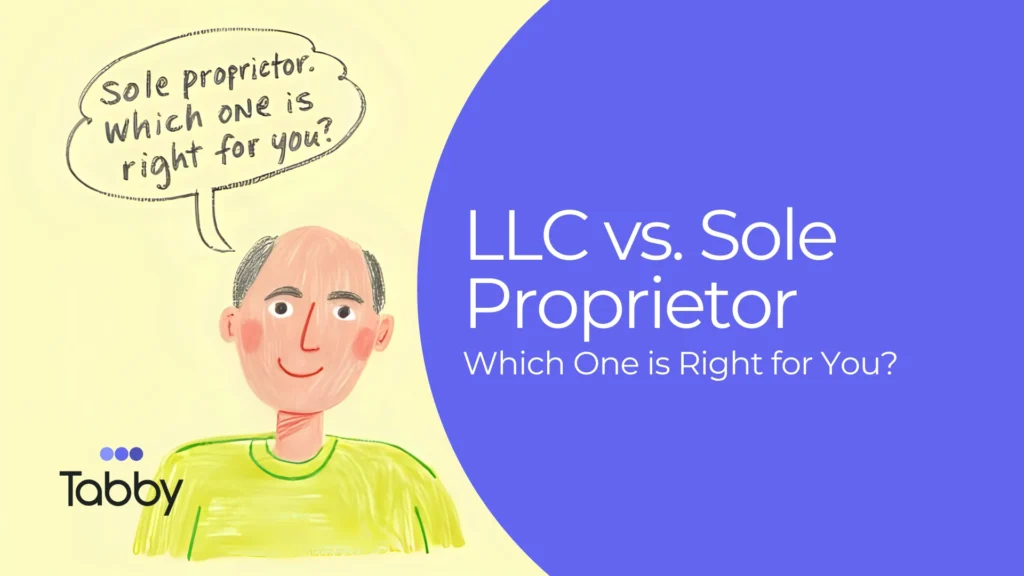- Financial Planning,
- Finance,
- | September 28, 2025
1099 vs W9 — What’s the Difference

Introduction
As a CPA who has been practicing for over 10 years and worked with many self-employed professionals and small businesses, I get this question a lot. And I’ll tell you what—almost everyone mixes these up and confuses them. They don’t know which one is which. So I’m here to break it down for you in simple terms: the difference, and which one applies to you in which scenarios.
What Is a 1099?
A 1099 is the document you receive from the employer or the company you worked with. This document tells you how much they’ve paid you. That 1099 income then gets reported on your tax return, sometimes on your Schedule C or on your business tax return depending on how your business is structured—maybe it’s a corporation, maybe it’s an LLC. Not everyone gets a 1099. You only get a 1099 if you’ve earned $600 or more with that company.
Specifically, 1099s are received in January of the following year. For example, for the year 2025, whatever you’ve earned with that company, they will give you a 1099 in January 2026.
The most important thing is that this 1099 income gets reported to the IRS, and this is the biggest thing that a lot of people miss. Because this 1099 income gets reported to the IRS, as someone who is self-employed (a.k.a. independent contractor), you have to report it exactly on your tax return.
There are different types of 1099:
- 1099-K: Received when a third-party intermediary collects the payments on your behalf. (Example: eBay, Stripe, PayPal, Uber, DoorDash).
- 1099-NEC: Received when you work directly with the company or client.
Both are reported the same way on your taxes.
What Is a W9?
A W9 form is a document that you fill out to provide your tax information to the company you are working for. The W9 form provides your name, or if you have a company, then you would put your company’s name. You would put your Social Security Number or company EIN, your address, and you would also fill out your entity type.
The W9 allows the company you’re working with to issue the 1099 accurately. If you don’t provide them with a W9, they won’t have the information needed to issue your 1099 at the end of the year.
To keep it simple:
- W9 = what you give
- 1099 = what you get
Most companies won’t pay you unless they have a valid W9 on file. At year-end, they will give you a 1099 for whatever you earned and submit the same to the IRS.
The Key Difference Between a 1099 and a W9
The W9 is what you, the contractor or service provider, provide to the company. They keep this on file, but it is not sent to the IRS.
The 1099 is what the company issues to you at year-end. It shows the income you earned, and a copy is also submitted to the IRS.
In summary: W9 is what you give, 1099 is what you get.
A common mistake is thinking you will “get a W9” at the end of the year. You won’t. You only receive a 1099. But the information on your 1099 (name, business name, EIN/SSN, and entity type) is generated from the W9 you filled out.
Examples for Freelancers
If you’re a freelancer or self-employed, here’s when you use a W9 and when you get a 1099:
- Driving for Uber: You fill out a W9 with your name, address, tax classification, and SSN. At the end of the year, Uber sends you a 1099-K.
- Selling on eBay with an LLC: You fill out a W9 with your company name, EIN, and entity type. At year-end, eBay issues you a 1099-K.
- Content creator working with a brand: If you’re a sole proprietor, you provide your personal information on the W9. If you have an LLC, you provide your company information. Later, the brand issues you a 1099-NEC.
Bottom line: You give a W9 when you start working with someone, and you receive a 1099 in January for the income you earned.
Examples for Small Business Owners
If you’re a small business owner, here’s how W9s and 1099s apply to you:
- Payment processors (Square, Stripe, Toast, etc.): They require a W9 to set up your account.
- Banks: When opening a business account, you may need to provide a W9 (for reporting interest).
- Large organizations: If you provide services like catering, they may request a W9 before doing business with you.
It’s best to have a W9 filled out and ready to provide. If you’re incorporated (LLC, S-Corp, or C-Corp), your W9 should include your company’s information, not your personal info.
Common Mistakes to Avoid
- Confusing a W2 with a 1099: A 1099 does not withhold taxes. You must pay quarterly estimated taxes and track deductions.
- Not reporting all 1099 income: The IRS gets the same 1099s you do. If you underreport, you’ll receive a notice.
- Filling out a W9 incorrectly: Wrong EIN or SSN, or incomplete forms, can delay payments.
- Using personal info instead of business info: If you have a business, use your company name and EIN—not your personal SSN.
How Tabby Helps
Tabby helps simplify 1099 tax preparation. As someone who works on 1099, you need to minimize your taxes using deductions. Tabby does this by:
- Automatically tracking your write-offs and deductions.
- Connecting to your bank accounts and even finding deductions in personal accounts.
- Organizing everything so you’re not scrambling at tax time.
It saves you from the manual work of spreadsheets and missed deductions.
Conclusion
There’s no reason to be confused between a W9 and a 1099. Both are critical documents when it comes to filing taxes as a self-employed person:
- W9 = what you give
- 1099 = what you get
Make sure your W9 is filled out accurately, and make sure you report all income shown on your 1099 to the IRS while keeping track of deductions.
FAQ
What is the difference between a W9 and a 1099?
The W9 is a form you give to the company you’re working with. The 1099 is the form they give you, showing your income.
Do freelancers need to file both W9 and 1099 forms?
No. You give a W9 to the company, but you only file the 1099 with your taxes.
If I hire a contractor, do I send them a 1099 or a W9?
You collect a W9 from them at the start, and then you issue them a 1099-NEC in January of the following year.
How can Tabby help manage 1099 income and tax preparation?
Tabby tracks your write-offs and deductions automatically, even from personal accounts, so you don’t miss out on tax savings.



